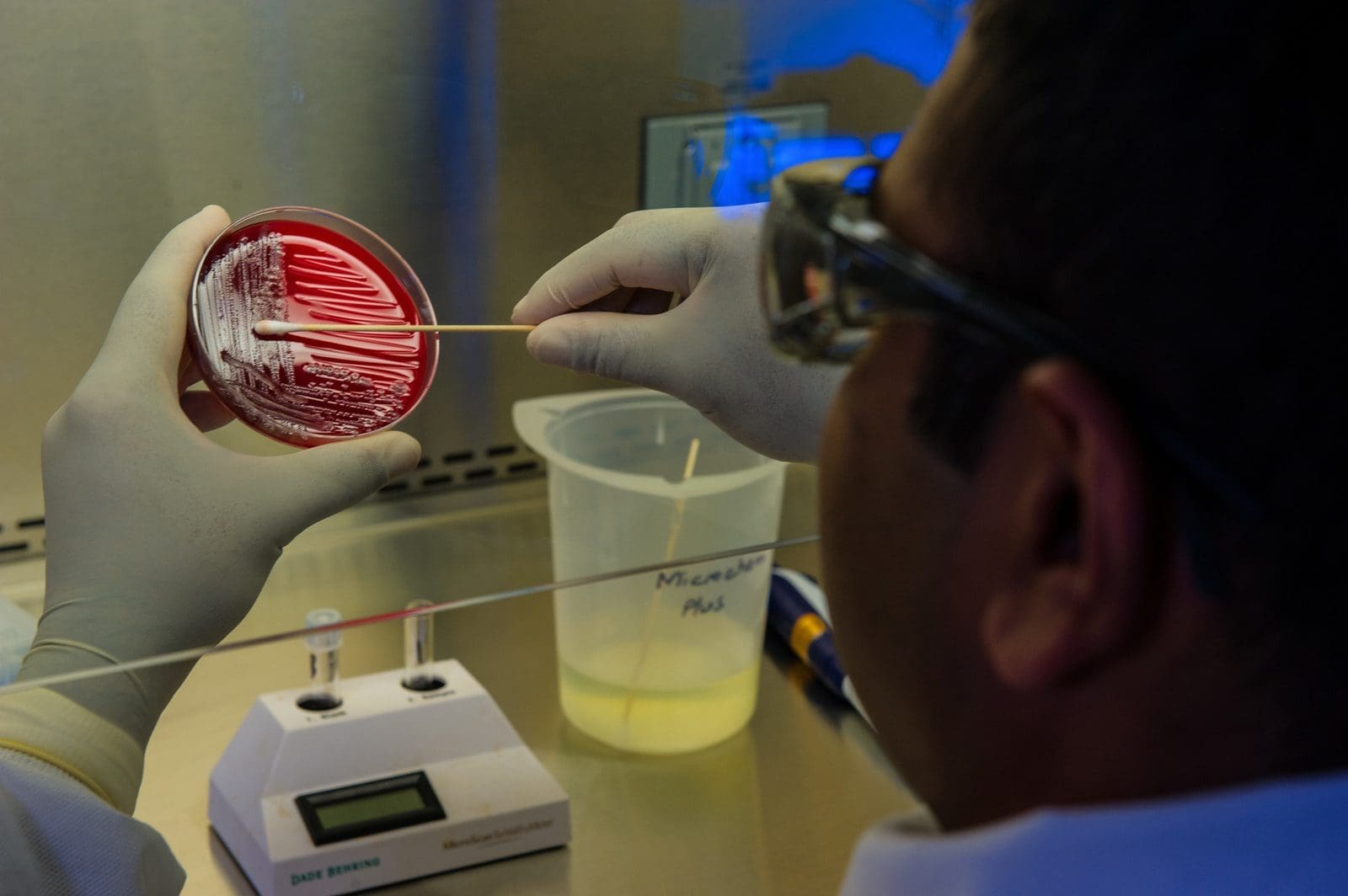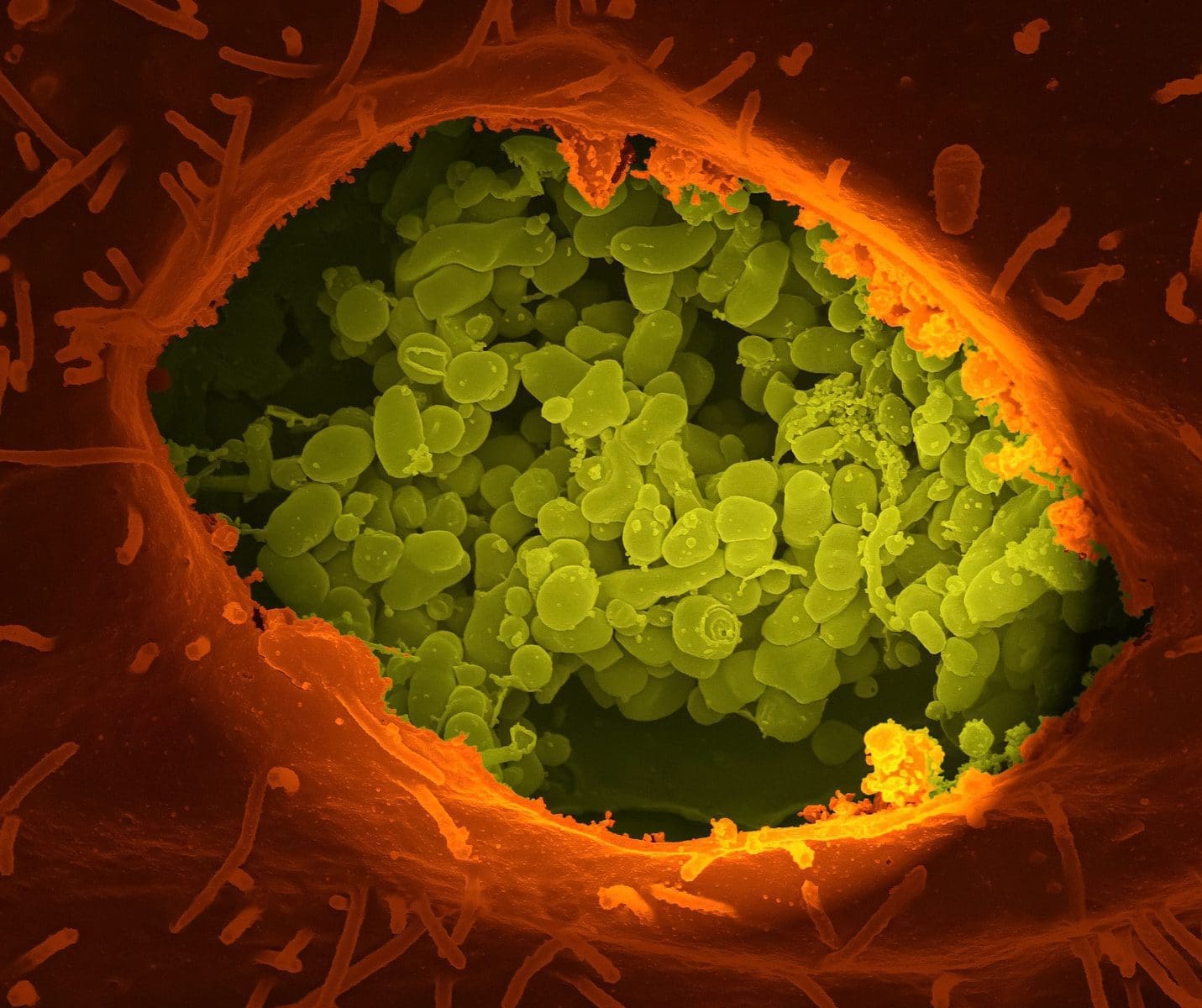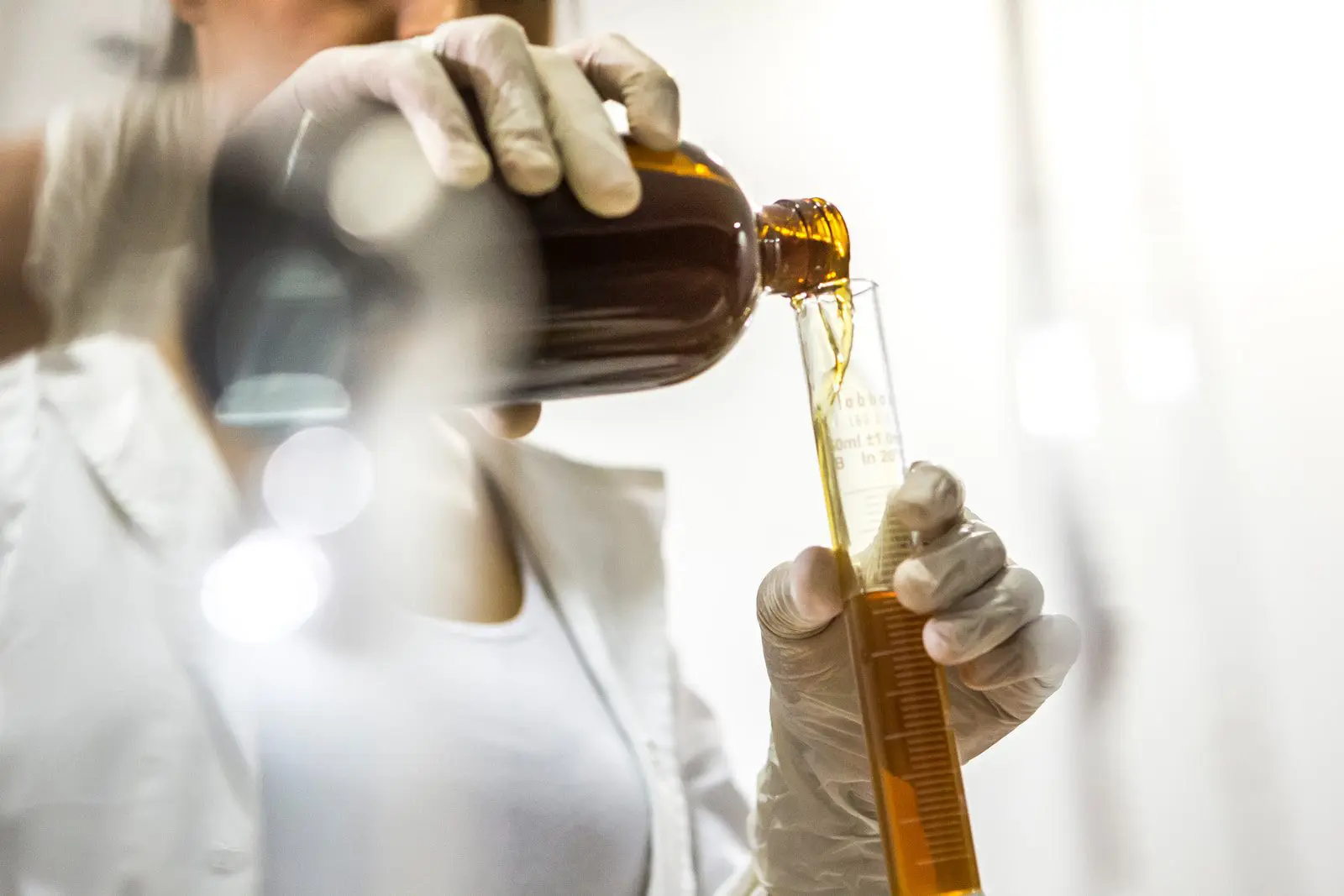
Microorganisms are an integral part of the ecology of Earth as they decompose animal and plant remains into natural and recyclable substances. They are also called as Microbes which include includes bacteria, archaea, viruses, fungi, prions, protozoa, and algae. They are vitally important to all processes on Earth which are present in, on and around us. And by pursuing a degree in microbiology helps you in studying about microbes or microorganisms which are simple life-forms such as bacteria, fungi, algae, viruses, protozoa, etc. 
Microbiology is concerned with the structure, function, as well as classification of these organisms and the ways humans can control or use their activities for their well-being.
Microbiology research has continued to be a center for meeting many challenges around the globe like it helps in maintaining food, water, and energy security for healthy living on this earth.
Microbiologists are essential in industries like pharma, clinics, food industries, and more. A degree in Microbiology has many benefits as this opens up a world of opportunities for students as professionals.
If you are a student of Msc Microbiology or intend to be one, read this article to find out what are career options that you can explore.
Biotechnologist
Biotechnologists work with the genes of microorganisms and manipulate them for different results. Biotechnologists work in different industries like food, agriculture, environment, and clinical industries, etc. These professionals are tasked with making their knowledge to be of use to people and in enhancing their lives which may include developing sturdier crops or better biofuels. Medical biotechnologists also create new medicines and research treatment plans for fighting diseases. This role is heavily oriented toward research and may often seek funding to conduct experiments.
Clinical Laboratory Scientists
Clinical laboratory scientists or medical biotechnologists work in areas like the clinic, national health laboratories, veterinary medicine, etc. They are responsible for studying and analyzing blood, tissue samples, urine — to determine causes of an illness or infection in patients, and what antibiotics would be effective in treating them. This is a rapidly evolving field, and many microbiologists also have strong backgrounds in clinical sciences. Laboratory scientists work closely with physicians and greatly assist them in helping people find out the causes behind illnesses.
Food Scientists and Technologists
A food scientist combines the knowledge of microbiology, chemistry, and engineering to understand the processing and deterioration of foods. They study and determine the nutrient level of food. They evaluate better ways of production, processing, and shipping of food items and oversee that all products made are safely regulated. Professionals can also work for research and development for corporations and farms.
Immunologist
Immunologist’s research and investigate how the human body defends itself against diseases and what can happen due to a lack of immunity. They are also known as allergists. They are doctors who diagnose and treat patients to prevent immune system disorders. Besides seeing patients, immunologists conduct research to study the immune system. Clinical immunologists treat both children and adults to treat and manage their diseases.
Pharmaceutical scientist
A Pharmaceutical scientist is a professional who oversees and performs research that drives drug discovery, drug testing, and development. These professionals are scientists who are responsible for executing experiments that are a part of team-based research that aims to introduce new drugs to the marketplace. 
Pharmaceutical scientists are employed by large drug manufacturing companies, research organizations, biotech companies, and even government agencies. Many of these scientists also work at laboratories as part of a team of technicians and scientists working on drug therapies.
Enroll in a program today and get started with a career of your choice in biotechnology.




Be the first to comment